Series: How To Make Revenue Growth Predictable In Uncertain Times
Part 1
Part 2
When entering a time of economic uncertainty, consistent revenue is critical. While one might be happy with keeping revenue flat and “hold our own” during tough economic times, the reality is that a business is either growing or dying. Thus, in a challenging market it is critical to continue to focus on the mindset, strategies, and activities that drive predictable revenue growth.
So far we have explored two strategies to make revenue growth predictable: focusing your message on ideal clients and aligning marketing, sales, and operations around the client experience. Today we turn our focus to process.
A process is a series of steps to create a predictable outcome.
Smart businesses run on processes. There are processes for hiring, invoicing, production, shipping, and support. Without processes a business would operate inefficiently, unpredictably, and unsustainably.
Now, let’s consider sales and marketing. What processes are in place for these teams?
For many businesses sales and marketing are the wild west. There is no process.
Salespeople are hired based on their experience or their book of business. The goal is to look for experienced salespeople rather than taking a risk on a new salesperson because these tenured reps “know what they are doing.” These gunslingers get sent out to the territory, each doing their own thing. Out of desperation, many cobble together their own sales tools to help support the talk tracks they have developed. It’s no wonder that Blender research that revealed 82% of B2B decision-makers think sales reps are unprepared.
Marketing doesn’t get a pass on this either. Jennifer Zick sums it up when she says that most companies do “random acts of marketing.” This spray-and-pray approach leads to sporadic activities and inconsistent results.
What’s missing here?
Sales and marketing need to take a cue from other parts of the business: processes create predictability.
Processes need to become usable Client Experience Playbooks that can be used by everyone on the marketing and sales team to drive consistent actions and create predictable revenue.
What Are Client Experience Playbooks?
Client Experience Playbooks present step-by-step processes that integrate sales, marketing, and operations, creating a consistent client experience that drives predictable revenue growth.
Client Experience Playbooks are anchored around the stages of the client experience, keeping the focus on the prospect and client.
Client Experience Playbooks integrate sales, marketing, and operations. This helps reduce the silo effect of these teams doing their own thing. Instead, the playbooks help these functions work together to drive net-new and cross-sell revenue.
Client Experience Playbooks go beyond process. They describe what great looks like. They give context for where the buyer is in their journey. They provide insight into what multiple decision makers and influencers might be thinking. They provide tools and content to support the client experience. They can even include small bites of training.
The goal is to get everyone working together in a consistent way to drive revenue at every stage of the client experience.
How Do Client Experience Playbooks Help Make Revenue Predictable?
There are many ways Client Experience Playbooks can make revenue more predictable in uncertain times. Here are five.
1. Consistent Execution
Client Experience Playbooks provide a baseline for consistent execution across every stage of the client experience. From a prospect’s first engagement with your company through the buying cycle to their ongoing enjoyment of your services, Client Experience Playbooks create consistent execution. At a most basic level, they create activity. On its own, activity helps spur sales. However, it goes far beyond activity to create consistent execution across your marketing, sales, and operations teams.
2. Increased Cross-Sell
Let’s be honest, most companies struggle with consistently cross-selling or up-selling additional products and services to their clients. This continually frustrates owners and executives who believe that they should be able to sell related products and services to their customer base. The challenge is that most companies do not have a process for cross-selling. Marketing creates leads, sales land deals, and then things get handed off to operations or customer success. At that point, the selling ceases. Client Experience Playbooks solve this problem by creating integrated processes to ensure that there is an ongoing progression of value provided to current customers that motivates them to buy more things from your company.
3. More Effective Rep Coaching
Data presented by Spotio showed firms where salespeople use the company’s methodology and get consistent coaching see 73% quota attainment. Every high performance athlete has a coach. High performance sales professionals need coaching as well. However, without a process in place, coaching becomes subjective. With Client Experience Playbooks in place, leaders can coach sales reps in the execution of the plays. Much like a sports team coach would help players learn and execute the plays, sales leaders can help reps do the same.
4. Streamlined Onboarding
In today’s highly competitive job market with increased rates of turnover it is more important than ever to create an effective onboarding process. Sure, you can show new employees where the coffee pot is, how to sign up for benefits, and where to find the employee handbook. You can take them on a tour of your office to meet everyone. Can you show a new employee how the company serves prospects and employees? Client Experience Playbooks give an end-to-end picture of the company’s client experience. The new employee gets a full picture of how things work. Whether they are in marketing, sales, operations, or finance, they can see the way that everyone interacts with prospects and clients giving the new employee context for their role.
5. Continual Improvement
In Traction, Gino Wickman makes a powerful point that you can improve a process that is not documented. With “wild-west” sales and marketing, nothing is documented making improvement impossible. With Client Experience Playbooks in place for each stage of your client experience you have a baseline. You can then test new processes, tools, and content to see if there could be a better way. This leads to continual improvement. Small, incremental improvements in key ratios like lead-to-appointment or proposal-to-close can create massive revenue increases. These incremental improvements become possible when you have playbooks in place.
Creating predictable revenue growth in unpredictable times requires you to manage things you can control. You cannot control the economy. You cannot control your prospects or clients. You can control your message, ensuring it is focused on the current outcomes your prospects and clients want. You can control your client experience. And, you can control your execution by creating Client Experience Playbooks. Together, these initiatives help ensure your revenue stays as predictable as possible when everything around you seems uncertain.





